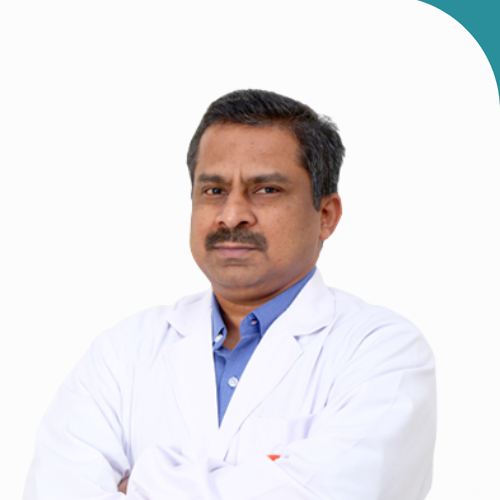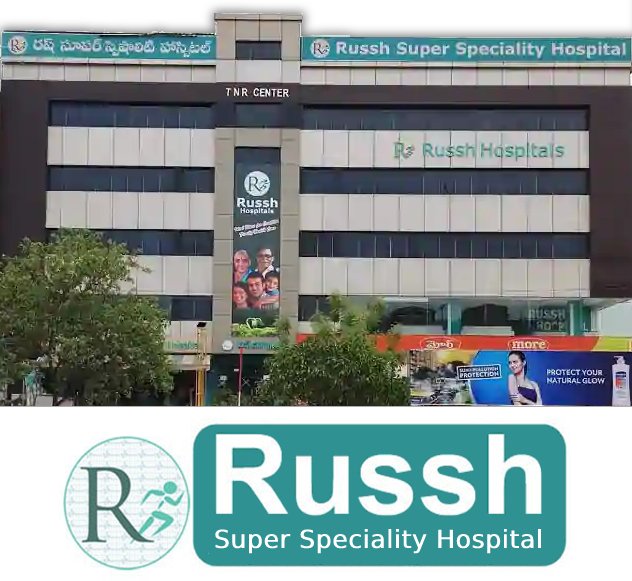Neurosurgery
Neurosurgeon in Suchitra Kompally, Hyderabad
Neurosurgery, also known as neurological surgery, is a medical specialty that involves the surgical treatment of conditions that affect the nervous system, which includes the brain, spinal cord, and nerves. Neurosurgeons are doctors who have specialized training in performing complex surgeries on the brain and spinal cord and surrounding structures such as blood vessels, meninges, and the skull.
Some common conditions that neurosurgeons treat include brain tumors, aneurysms, hydrocephalus, spinal cord injuries, and degenerative conditions such as spinal stenosis and herniated discs. Neurosurgeons may also perform surgery to treat conditions such as Parkinson’s disease, epilepsy, and multiple sclerosis. Neurosurgery is typically performed in a hospital setting and may involve traditional open surgery or minimally invasive techniques such as endoscopy or laser surgery.
When to see a neurosurgeon
There are several reasons why you need to see a neurosurgeon. Some common indications for neurosurgery include:
- Brain tumors: If you have been diagnosed with a brain tumor, you may need to see a neurosurgeon to discuss treatment options, including surgery to remove the tumor.
- Spinal problems: If you have a spinal condition such as a herniated disc, spinal stenosis, or a spinal injury, you may need to see a neurosurgeon for evaluation and treatment.
- Head injury: If you have sustained a head injury, you may need to see a neurosurgeon to assess the extent of the injury and determine if surgery is necessary.
- Neurological disorders: If you have a neurological disorder such as Parkinson’s disease, multiple sclerosis, or epilepsy, you may need to see a neurosurgeon to discuss treatment options, which may include surgery.
- Aneurysms: If you have an aneurysm, a bulge in a blood vessel that can rupture and cause bleeding in the brain, you may need to see a neurosurgeon for evaluation and treatment.
It’s important to note that not all of these conditions necessarily require surgery, and a neurosurgeon will work with you to determine the best course of treatment based on your specific situation.
Responsibilities of a Neurosurgeon
The responsibilities of a neurosurgeon are wide-ranging and include the following:
- Diagnosing and treating conditions that affect the nervous system, which incudes the brain, spinal cord, and nerves.
- Performing various surgical procedures to treat conditions such as brain tumors, spinal injuries, and neurological disorders.
- Using specialized instruments and techniques to access and operate on the brain and spinal cord.
- Collaborating with a team of healthcare professionals, including nurses, anesthesiologists, and rehabilitation specialists, to provide comprehensive care for patients.
- Keeping up to date with the latest advances in neurosurgery and staying current with best practices and guidelines for patient care.
- Communicating with patients and their families to explain diagnoses, treatment options, and prognoses.
- Maintaining accurate medical records and documenting all aspects of patient care.
- Participating in research to advance the field of neurosurgery and improve patient outcomes.
Tests and Procedures in Neurosurgery
Neurosurgeons may use several tests and procedures to diagnose and treat conditions that affect the nervous system. Some common tests and procedures used in neurosurgery include:
- CT scan: A CT scan uses digital X-rays to create detailed images of the brain and other body parts.
- MRI: An MRI uses a powerful magnet and radio waves to create detailed images of the brain and other body parts.
- Angiography: Angiography is a type of imaging test that uses dye and x-rays to create detailed images of the blood vessels in the brain.
- Electroencephalography (EEG): An EEG test measures the brain’s electrical activity using sensors attached to the scalp.
- Lumbar puncture: A lumbar puncture, also known as a spinal tap, is a procedure in which a needle is inserted into the lower back to collect a sample of cerebrospinal fluid for testing.
- Spinal cord stimulation: Spinal cord stimulation is a procedure in which a device is implanted in the patient’s body to deliver electrical impulses to the spinal cord to relieve pain.
- Microsurgery: Microsurgery is a kind of surgery that uses specialized instruments and a microscope to perform delicate procedures on small structures, such as blood vessels or nerves.
- Stereotactic surgery: Stereotactic surgery is a type of surgery that uses precise, three-dimensional coordinates to guide the surgeon to the specific area of the brain that needs to be treated.
- Deep brain stimulation: Deep brain stimulation is a procedure in which a device is implanted in the brain to deliver electrical impulses to specific areas to treat conditions such as Parkinson’s disease and tremors.
Our experienced team of Neuro surgeons at Russh Hospitals are the best neurosurgeons in Suchitra and Kompally as we treat various disease conditions, as mentioned above. Please call us for a personalized appointment with one of the consultants.

Dr. G. Srihari
MBBS, MS, M.Ch(NIMHANS)
Senior Consultant Neurosurgeon
Brain & Spine Surgeon
OPD Hours
Monday – Saturday:
10:00 am – 02:00 pm
06:00 pm – 08:30 pm
Emergency Cases
Please feel welcome to contact our friendly reception staff with any general or medical enquiry call us.

WELCOME TO RUSSH SUPER SPECIALITY HOSPITALS
